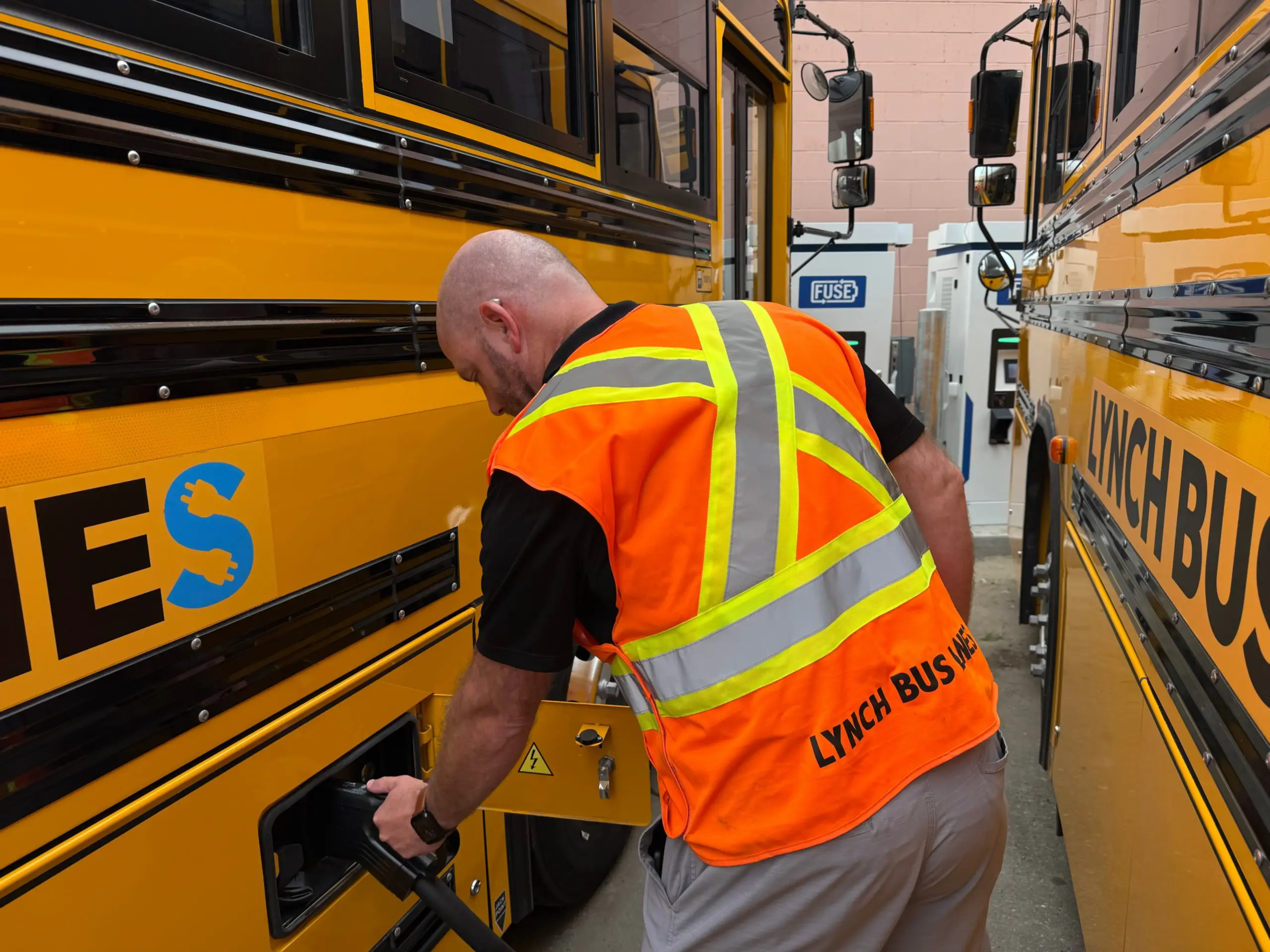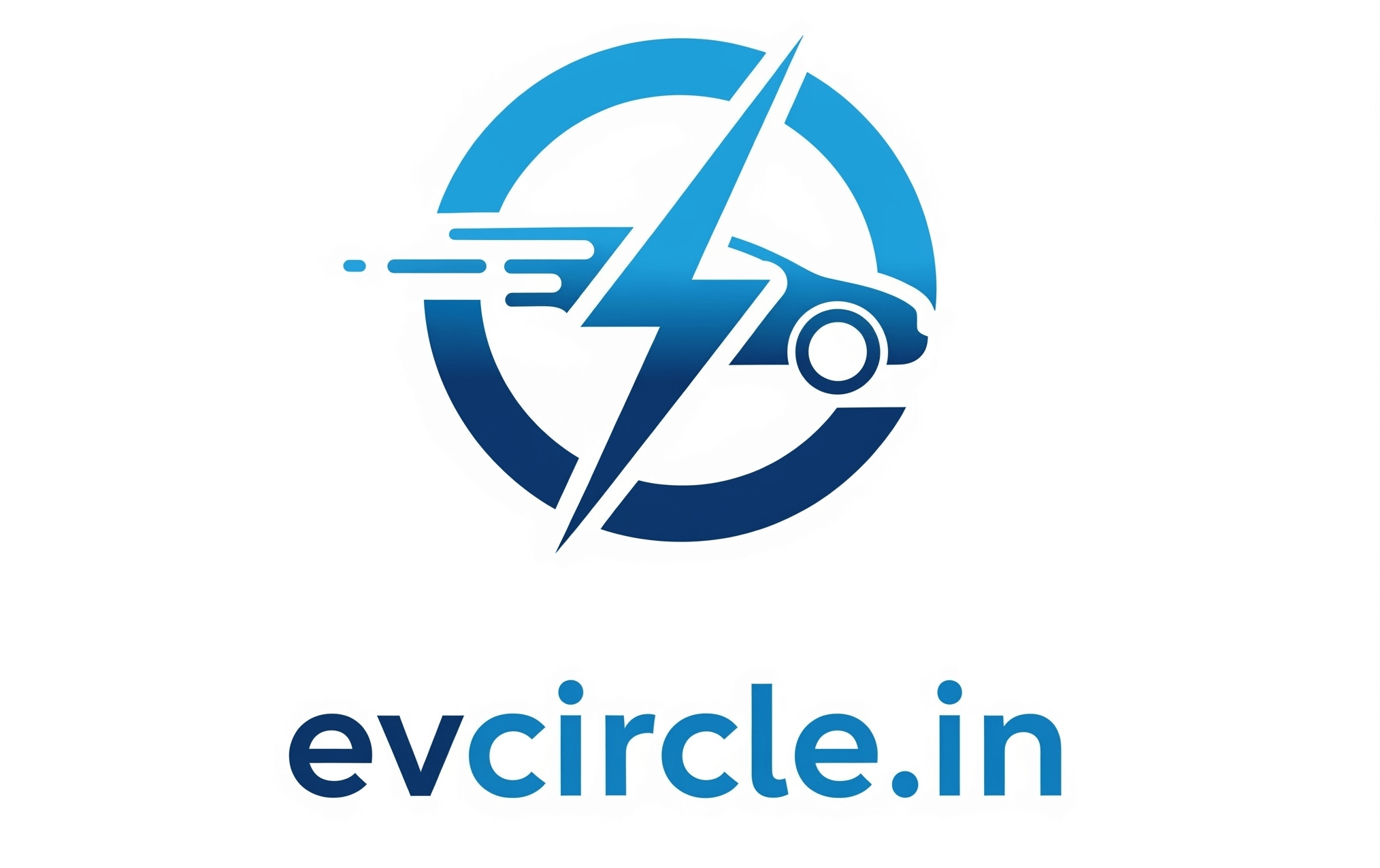
For the first time for a Canadian utility, electric school buses will be used for more than simply transporting students. BC Hydro is launching an initiative that will utilize the buses as battery storage for the grid once they’re charged — a strategy aimed at addressing growing energy demands. The project is modest in scale, but BC Hydro (the first utility in Canada to undertake a field trial of this nature) hopes it will be a successful pilot that can be scaled up later. Electric Vehicles (EVs) contain batteries that are replenished by plugging into the grid. Those same batteries, however, can also act as storage for surplus electricity. The buses employ specialized chargers that permit bidirectional energy flow — they charge when electricity is cheaper and can then feed it back to the grid during peak demand, before being topped up again for driving.
Being able to draw from battery-powered EVs helps stabilize grids supplied by intermittent power sources like wind and solar, which increased by 35 per cent and 92 per cent respectively between 2019 and 2024. Wind blows and sun shines, but to deliver energy more reliably to the grid, it must be stored in batteries. Governments are now advocating for large battery storage projects to make renewables more practical. EVs offer another way to reinforce the grid, explains Kari Montrichard of BC Hydro, since they are “mobile batteries that move around versus a stationary battery,” which provides greater flexibility.
The utility first validated the technology in a lab environment in 2023. It is now being trialed in a real-world setting using two EV buses, each able to store up to 200 kilowatt-hours of electricity — roughly the amount required to power 75 single-family homes for about two hours.
Ultimately, Montrichard envisions EV batteries becoming a key component of the province’s electricity system — supporting the grid, supplying power during outages and lowering electricity costs during peak times, she said. “We are a winter-peaking utility, so a lot of this managing the behind-the-meter technology happens in the winter, between five and nine p.m. at night on colder nights, because that’s when demand is high,” she added.
Montrichard said this project is “testing the field,” to ensure the concept is safe, functions correctly and serves customers well, with the aim of expanding it beyond the company they’re partnering with, Lynch Bus Lines. Businesses are increasingly electrifying their fleets, and this particular vehicle-to-grid technology “has the potential to transform how we manage electricity, making our system more resilient, efficient and sustainable for generations to come,” said BC Minister of Energy and Climate Solutions Adrian Dix.
B.C. is exploring a new role for school buses: storing renewable energy for the grid. BC Hydro’s pilot will use electric buses as mobile batteries to help balance demand and improve reliability.
Vehicle-to-grid
The idea of using EV batteries as grid storage has gained momentum in recent years. The Ford F-150 Lightning includes vehicle-to-grid capability, enabling it to power the owner’s home if the electricity goes out. Some are already being used to support the grid more broadly — as Julian Spector of Canary Media notes, Baltimore “drivers are getting paid to run their homes from their pickup truck batteries during peak hours to help meet grid demand,” by the city’s utility.
BC Hydro looked to examples south of the border, Montrichard said. California operates a Vehicle-Grid Integration Program, which the state describes as a “key tool for achieving California’s decarbonization and electric vehicle adoption goals.” The state passed an EV law targeting grid integration in 2024, which could require new EVs to include vehicle-to-grid functionality. The California Energy Commission is determining the scope and timing for implementing the bill.
Meanwhile in Canada, Montreal-based Dcbel is focused on creating vehicle-to-grid charging for residential buildings and the province of Nova Scotia has run a pilot project testing the same technology.
See also: Top 5 Electric Cars Coming to India in 2025
September 15th 2025
Sustainability advocate with a keen eye on policies, trends, and real-world EV impact.

Leave a Reply